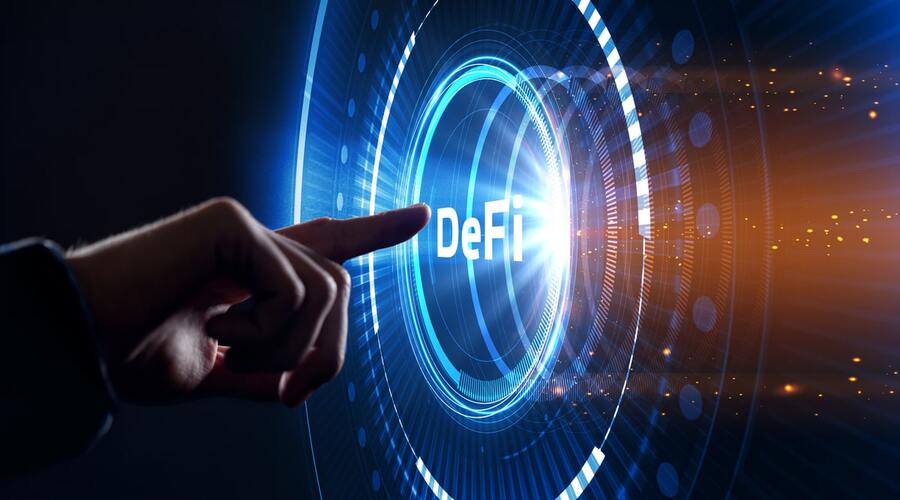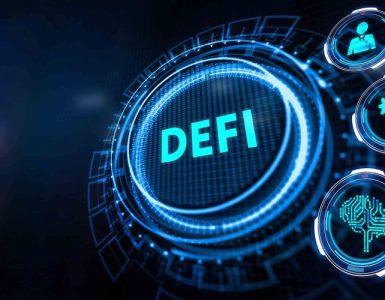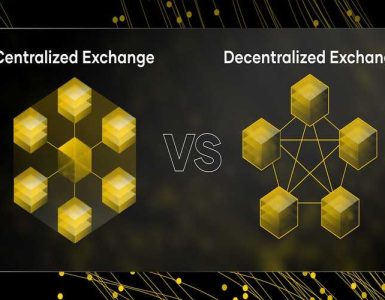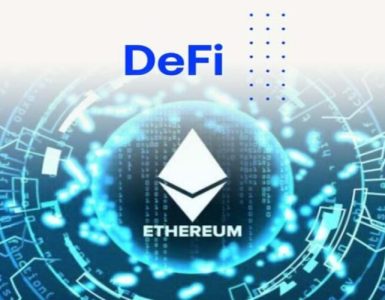Oracles play a critical role in decentralized finance (DeFi) by providing external data to smart contracts. However, relying on external data sources introduces its own set of challenges and risks. In this article, we explore the role of oracles in DeFi security and discuss strategies to ensure the reliability and integrity of external data. By understanding these challenges and implementing appropriate security measures, DeFi protocols can enhance the overall security of their operations.
Introduction to Oracles in DeFi Security
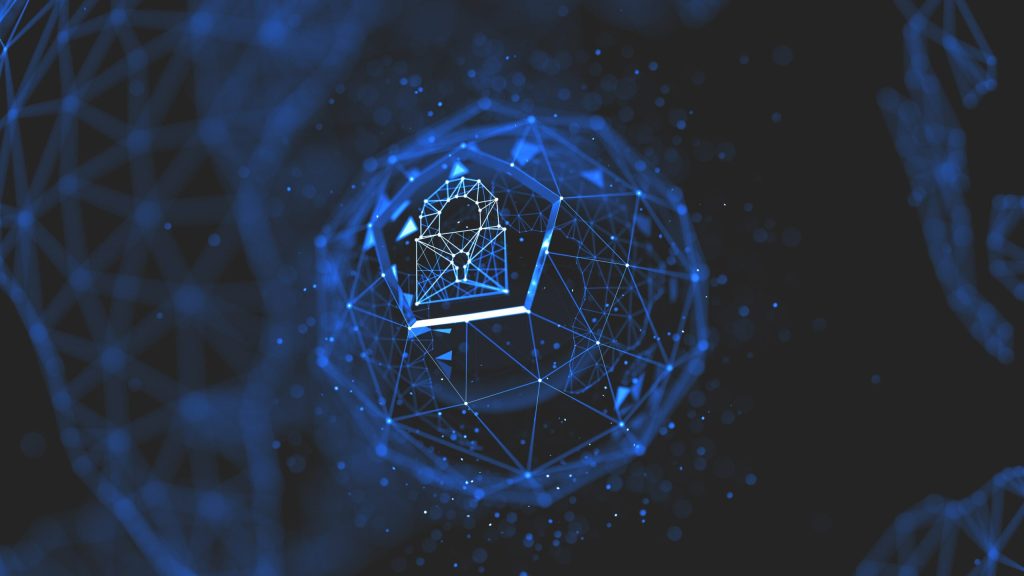
Oracles act as bridges between the blockchain and the external world, enabling smart contracts to interact with real-world data. They provide the necessary inputs for decentralized applications to make informed decisions and execute actions based on real-time and accurate information.
Understanding Oracles
- Definition and Functionality
Oracles are entities or protocols that fetch and verify external data from various sources, such as APIs, off-chain databases, or other blockchain networks. They relay this data to smart contracts, allowing them to access and utilize real-world information.
- Importance in DeFi
In DeFi, oracles are crucial for accessing price feeds, market data, asset valuations, and other external information necessary for executing financial transactions and smart contract operations. They enable DeFi protocols to interact with the wider financial ecosystem in a trustless and decentralized manner.
Risks Associated with Oracles
Relying on external data sources introduces several risks that can compromise the security and reliability of DeFi protocols. Here are some common risks associated with oracles:
- Centralization and Single Points of Failure
Centralized oracles create a single point of failure, making them vulnerable to hacking, manipulation, or malicious activities. If a centralized oracle fails or provides inaccurate data, it can have severe consequences for the entire DeFi ecosystem.
- Data Manipulation and Oracle Attacks
Oracles can be targeted by attackers who aim to manipulate the data being fed to smart contracts. These attacks can lead to incorrect decisions, financial losses, and potential exploits within DeFi protocols.
- Oracle Price Feeds and Manipulation Risks
Price feeds obtained from oracles are critical for DeFi protocols, especially for determining asset valuations and executing trades. Manipulation of these price feeds can result in unfair trades, arbitrage opportunities, or inaccurate asset valuations, impacting the overall security and stability of DeFi platforms.
Ensuring Reliable External Data
To mitigate the risks associated with oracles and ensure reliable external data, several strategies can be employed:
Decentralized Oracle Networks
Utilizing decentralized oracle networks helps distribute the responsibility of fetching and verifying data across multiple independent nodes. This decentralization reduces the reliance on a single trusted entity, enhances security, and mitigates the risk of single points of failure.
Multiple Data Source Aggregation
Aggregating data from multiple sources helps mitigate the risk of data manipulation or inaccuracies. By cross-referencing data from different reputable sources, DeFi protocols can increase the reliability and accuracy of the information used in smart contract operations.
Reputation Systems and Quality Assurance
Implementing reputation systems for oracles can help assess the reliability and trustworthiness of their data. Reputation scores based on historical performance and community feedback can guide protocol developers and users in selecting reliable oracles. Additionally, implementing quality assurance measures, such as data verification mechanisms and data feed monitoring, can further enhance the integrity of the external data.
Auditing and Security Measures for Oracles
To ensure the security and reliability of oracles, the following measures should be implemented:
Smart Contract Audits and Integration
Smart contracts relying on external data should undergo thorough security audits to identify and mitigate potential vulnerabilities. Audits should include a review of the oracle integration, data validation mechanisms, and error handling procedures. Smart contract developers should also ensure proper integration and utilization of oracles to prevent unauthorized access or tampering of data.
Transparent and Open Source Oracles
Choosing oracles that are transparent and open source can enhance the trust and security of external data. Open source oracles allow for community scrutiny and audits, increasing the chances of identifying and rectifying vulnerabilities. Transparency in the oracle’s operations, data sources, and methodologies builds confidence in their reliability.
External Security Audits and Certifications
Engaging reputable security firms to conduct external audits and certifications provides an additional layer of assurance. Independent security audits can identify vulnerabilities or weaknesses in the oracle’s infrastructure, codebase, or data aggregation mechanisms. Certifications from recognized organizations help establish the oracle’s adherence to security best practices and industry standards.
Future Developments in Oracle Security
The field of oracle security is continually evolving. Here are some future developments that can further enhance the security of oracles in DeFi:
Advances in Privacy-Preserving Oracles
Privacy-preserving oracles aim to protect sensitive data while providing necessary information to smart contracts. Techniques such as zero-knowledge proofs and secure multi-party computation can enable the utilization of private data without compromising privacy or security.
Cross-Chain and Multi-Asset Oracles
As DeFi expands across multiple blockchains and incorporates various assets, the need for cross-chain and multi-asset oracles becomes essential. These oracles facilitate interoperability and enable the seamless integration of different blockchain networks and asset types.
On-Chain Data Verification and Validation
Incorporating on-chain data verification and validation mechanisms can further enhance the security of oracles. By utilizing on-chain consensus algorithms or cryptographic techniques, the authenticity and integrity of data can be verified within the blockchain itself, reducing reliance on external sources.
Types of Oracles in DeFi
Price Oracles
Price oracles provide real-time price data for various assets, enabling accurate asset valuations, exchange rates, and trading decisions within DeFi protocols. They play a crucial role in ensuring fair and transparent price discovery.
Event Oracles
Event oracles deliver external information related to specific events or outcomes, such as sports scores, weather conditions, or election results. These oracles enable the integration of real-world events into DeFi applications and smart contract executions.
Randomness Oracles
Randomness oracles generate unpredictable and unbiased random numbers, which are essential for various use cases such as fair gaming, random selection, and cryptographic operations within DeFi protocols. They ensure the integrity and fairness of random processes.
Challenges in Oracle Security
Sybil Attacks
Sybil attacks occur when malicious actors create multiple identities or nodes within a network to gain control or influence over the oracle’s data. Sybil resistance mechanisms, such as proof-of-stake or reputation-based systems, help mitigate the risk of Sybil attacks.
Data Source Reliability
Ensuring the reliability and accuracy of data sources is a challenge in oracle security. The use of reputable and trusted data providers, data validation techniques, and redundancy in data aggregation can help address this challenge.
Scalability and Efficiency
As DeFi protocols and applications continue to grow, scalability and efficiency become critical considerations for oracles. Optimizing data aggregation and delivery processes, utilizing off-chain computation, and exploring layer 2 solutions can help enhance scalability and efficiency.
Cross-Chain Oracles and Interoperability
As the DeFi ecosystem expands across multiple blockchains, the need for cross-chain oracles and interoperability becomes essential. Cross-chain oracles enable the seamless transfer of data and value between different blockchain networks, fostering interoperability and expanding DeFi’s reach.
Regulatory and Compliance Considerations for Oracles
The increasing adoption of oracles in DeFi raises regulatory and compliance challenges. Compliance with data privacy regulations, integration with traditional financial systems, and adherence to anti-money laundering (AML) and know-your-customer (KYC) requirements are crucial considerations for oracle providers and DeFi platforms.
The Importance of Community Governance in Oracle Security
Community governance is crucial in ensuring the security and integrity of oracles. Involving the community in decision-making processes, conducting audits and security reviews, and fostering transparency and accountability contribute to a stronger and more resilient oracle ecosystem.
Transparent Oracle Governance and Data Feeds
Transparent Governance Mechanisms
Transparent governance mechanisms for oracles promote trust and accountability. Open discussions, community voting, and transparency in decision-making processes ensure that the oracle’s operations and data feeds are fair, reliable, and resistant to manipulation.
Verifiable Data Feeds
Verifiable data feeds provide a means to independently verify the accuracy and integrity of data provided by oracles. Techniques such as zero-knowledge proofs or cryptographic signatures can be used to validate that the data originated from trusted sources and has not been tampered with.
Interoperability with Traditional Financial Systems
Interoperability between DeFi platforms and traditional financial systems is essential for broader adoption and integration. Oracles can facilitate this interoperability by providing access to data from traditional financial markets, enabling seamless integration between decentralized and centralized finance.
Decentralized Identity and Oracles
Decentralized identity systems, such as self-sovereign identity (SSI) solutions, can benefit from oracles to verify and attest to the authenticity of identity-related data. Oracles can provide external data sources for identity verification, allowing for more secure and privacy-preserving identity management in DeFi.
Governance-Driven Oracle Upgrades
Governance-driven oracle upgrades allow for the continuous improvement and evolution of oracle protocols. Through community governance processes, updates and enhancements to the oracle infrastructure, security measures, and data aggregation methodologies can be proposed, discussed, and implemented.
Cross-Protocol Oracles
Cross-protocol oracles enable the exchange of data and value between different DeFi protocols. They enhance composability and interoperability by allowing one protocol to access and utilize data from another, expanding the possibilities for decentralized financial applications and services.
The Role of Auditors in Oracle Security
Third-party auditors play a crucial role in evaluating and verifying the security and reliability of oracles. They conduct comprehensive security audits, code reviews, and vulnerability assessments to identify potential risks and provide recommendations for improving the security posture of oracle protocols.
Conclusion
Oracles play a vital role in DeFi by providing access to reliable external data. However, their usage introduces risks that need to be addressed to ensure the security and integrity of DeFi protocols. Implementing strategies such as decentralized oracle networks, multiple data source aggregation, reputation systems, and security audits can mitigate these risks. As the DeFi ecosystem continues to evolve, advancements in oracle security, including privacy-preserving techniques and cross-chain compatibility, will further strengthen the reliability and trustworthiness of oracles. By adopting these measures and staying vigilant, the DeFi community can continue to leverage oracles to build secure and innovative decentralized financial solutions.

